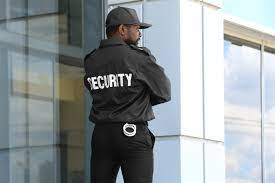South African President Cyril Ramaphosa has signed the Private Security Industry Regulation Amendment Act into law, introducing stricter regulations around South Africa’s private security sector.
The Act, which has not yet come into operation, has been a source of controversy for several years, facing backlash from opposition parties and parts of the security sector. One of the key sticking points is that the Act introduces a 51% South African ownership requirement.
It also gives the police minister the power to unilaterally prescribe a different percentage of ownership and control in respect of different categories of a security business, if he deems this to be in the interests of the national security of South Africa.
There are also concerns that the law is focused less on legislating the companies and more on regulating them as businesses. This would mean that the sector would be subject to the government’s transformation strategies and discourage foreign investment in favour of South African ownership. The Democratic Alliance has come out in strong opposition to the regulations, which it warns will lead to further international disinvestment and job losses.
“In one fell swoop, the legislation signed last week by (president Cyril) Ramaphosa empowers the ANC national government to effectively expropriate the property of foreign investors by denying their companies the right to do business in South Africa unless they sell their majority stake,” the DA said.
“When this law was first considered by Parliament back in 2014, foreign embassies made it clear that this forced expropriation of the property of investors would violate the World Trade Organisation’s rules and could result in the expulsion of South Africa from preferential market access agreements.”
The DA added that some of the biggest security companies that help keep South Africans safe have significant foreign ownership. Over 550,000 South Africans currently work in the private security industry. This is nearly four times more than the 145,000 police officers currently employed by the South African Police Service, it said








